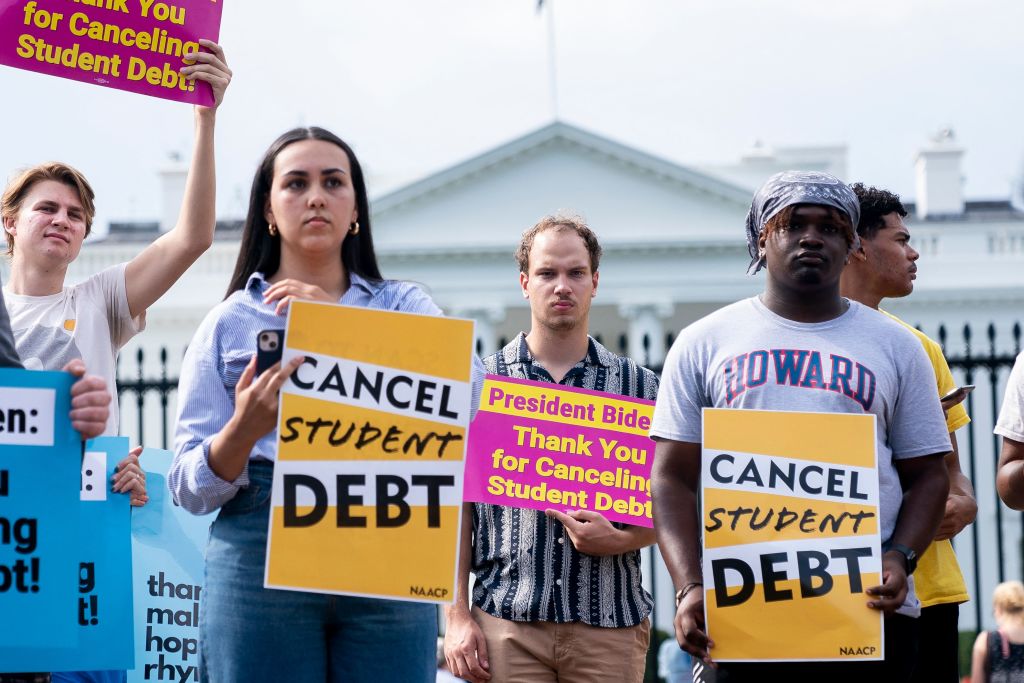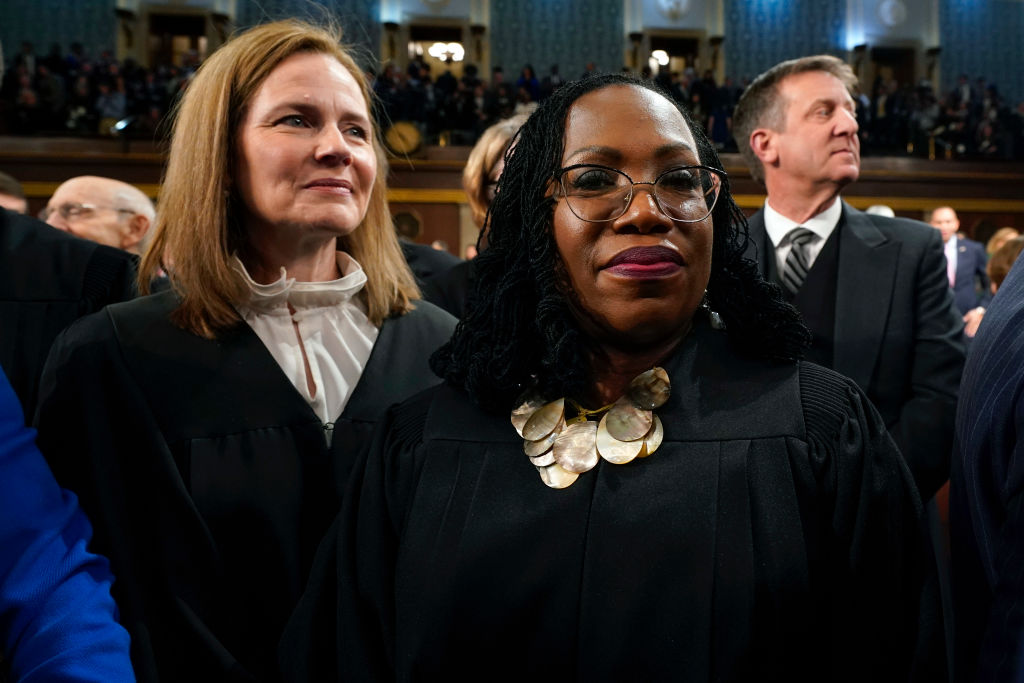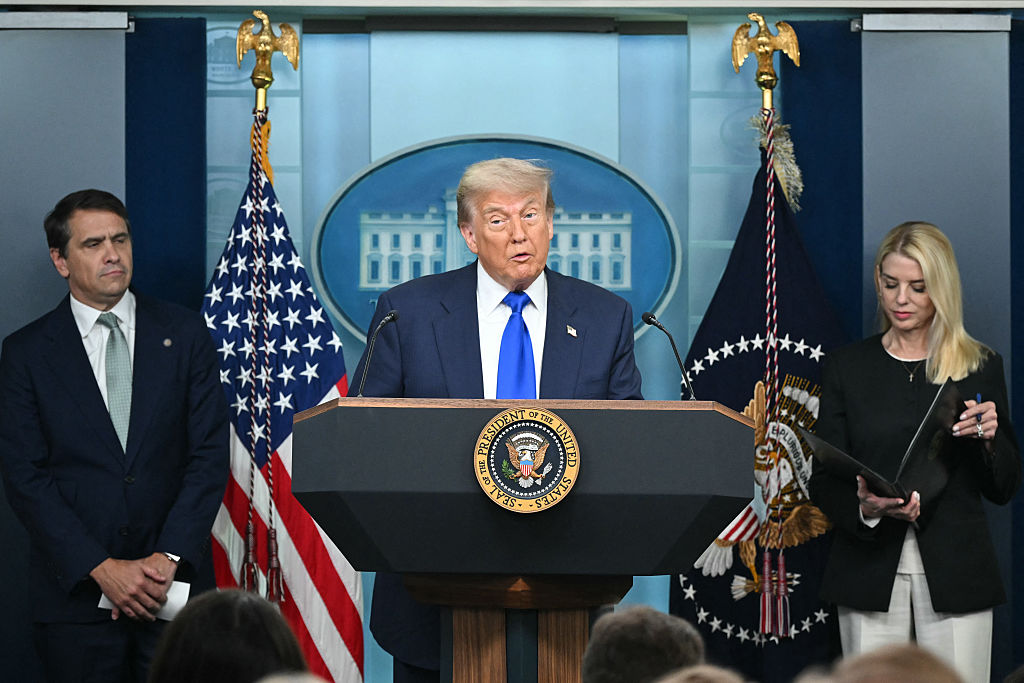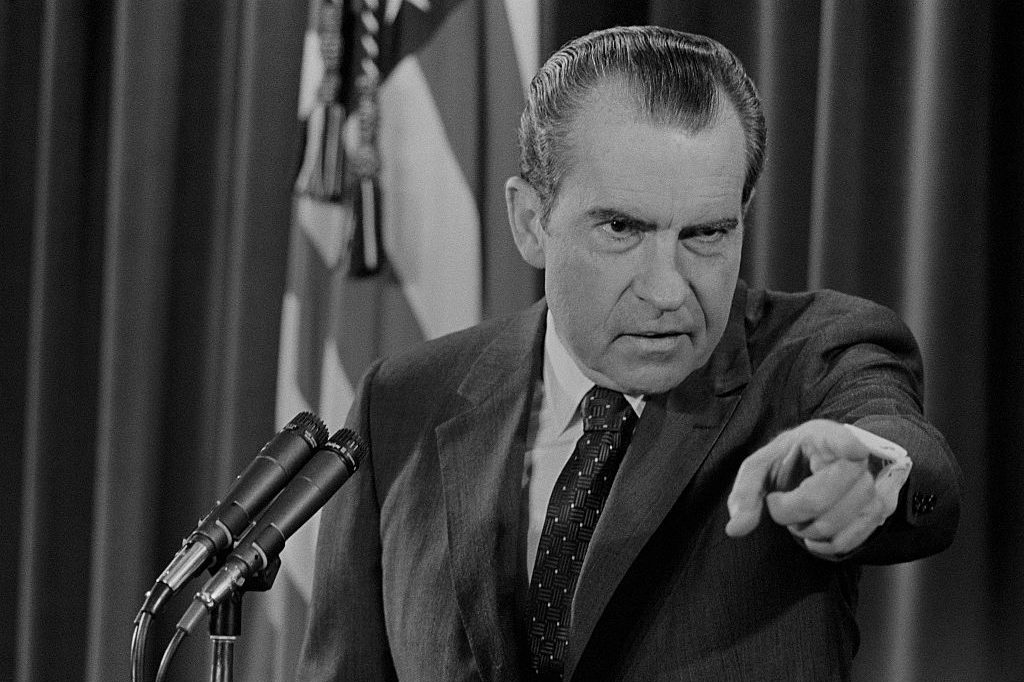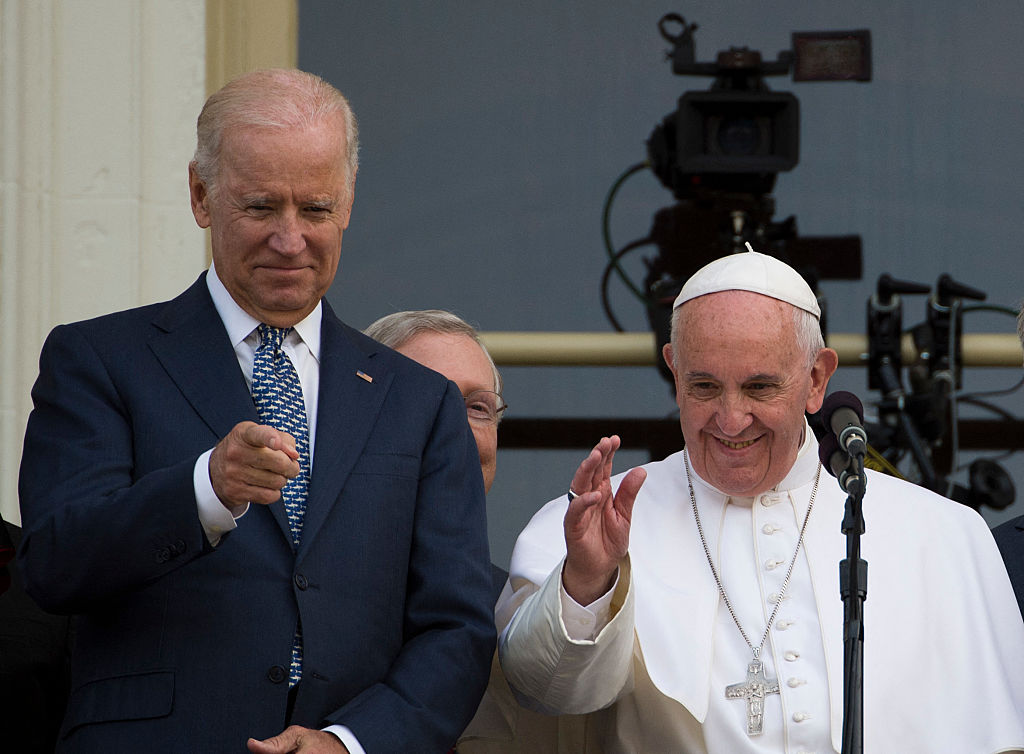The Supreme Court correctly overruled President Joe Biden’s attempt to use executive power to forgive student loan debt on Friday.
As the court explained, while the HEROES Act gives the president the emergency authority to “waive or modify any statutory or regulatory provision applicable to” student loans, the intention of the legislation was for modest, mostly procedural, changes. It was never meant to confer the power to cancel debt entirely, and certainly not to the tune of over $400 billion on the taxpayer dime.
Further, Biden justified forgiving student debt under the HEROES Act by defining the Covid-19 pandemic as a “national emergency.” Unfortunately for his legal chances, he declared the pandemic “over” just weeks after announcing the forgiveness plan.
Biden’s student debt forgiveness program was so obviously unconstitutional that former House speaker Nancy Pelosi admitted that it would take an act of Congress to actually wipe out loans. Even some progressives who were in favor of the program accused Biden of realizing the program would not hold up in court. They alleged, probably correctly, that Biden was dangling the $10,000 relief for individual borrowers — $20,000 for Pell Grant recipients — to win the youth vote ahead of the 2022 midterms.
Aside from the legality of the program, there are numerous other issues with forgiving student debt. First of which is the inane idea that someone who doesn’t go to college, and thereby is statistically very likely to make a lower salary than a college graduate, should pay via taxes for the borrowing decisions of those better off than them. Second, those who paid off their student debt — myself included — get zero benefit even though they behaved responsibly. Third, colleges are likely to continue hiking tuition at exorbitant rates if they know students will continue to borrow money with the expectation that the government will pay their debts.
There’s no question that college is too expensive. Incentivizing risky borrowing with the promise of a social safety net covered by taxpayers doesn’t solve that problem.



